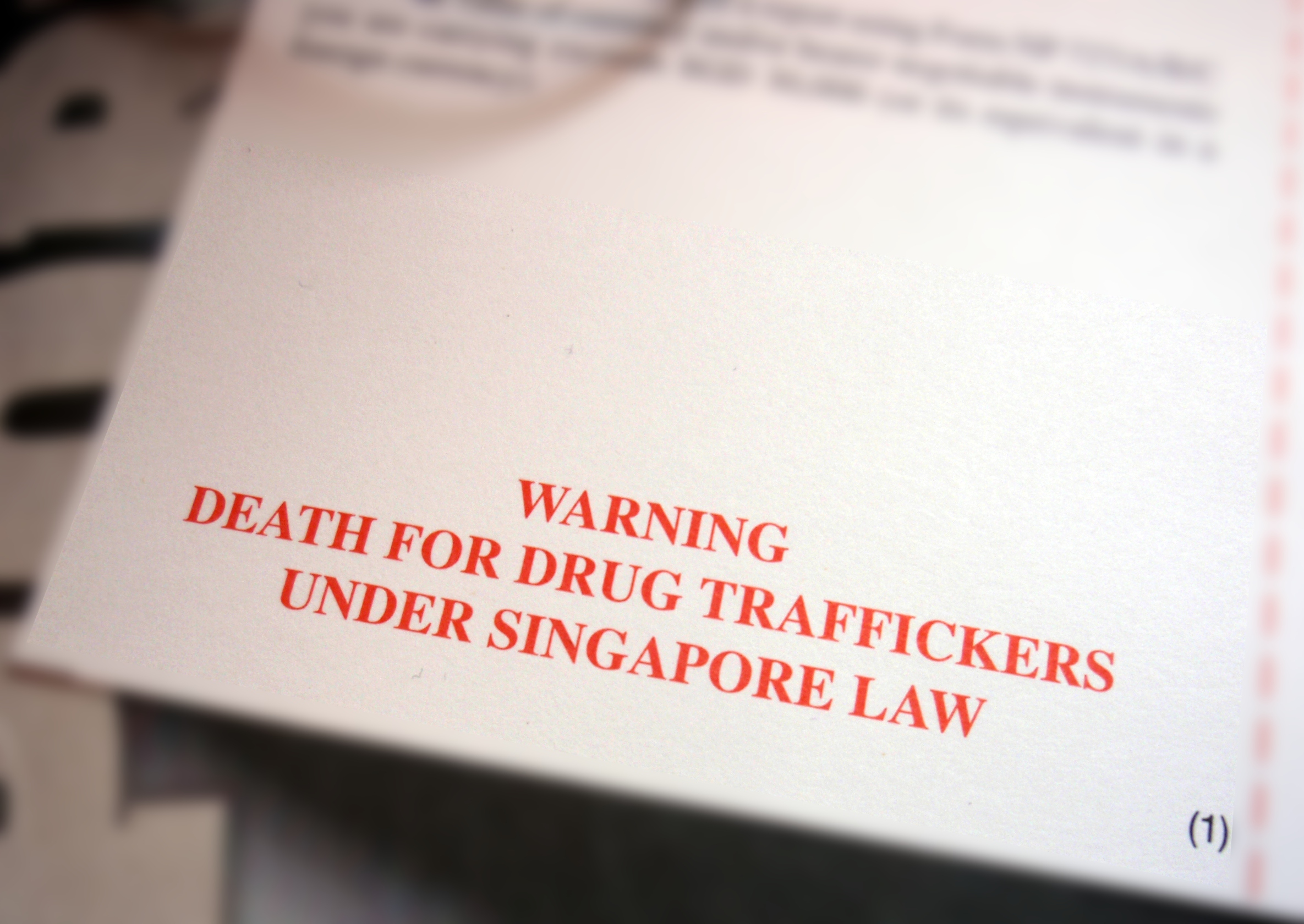A recent Superior Court decision in the US state of Rhode Island has calling into question employers’ rights to enforce workplace drug tests for cannabis – something which has been taken for granted across the country for years.
In the summer of 2014, in the Rhode Island town of Westerly, Christine Callaghan disclosed to her prospective employers that she possessed a medical cannabis card, and legally used the drug for medical purposes. Despite her clarifying that she “would not use or possess marijuana in the workplace”, her prospective employers – the Darlington Fabrics Corporation – rescinded her paid internship position because her admitted cannabis use would prevent her from passing the mandatory pre-employment drug test.
On May 23, 2017, the state’s Supreme Court ruled in favour of Callaghan, finding that an individual cannot be denied employment on the basis of testing positive for cannabis if the employee is licensed by the state to possess and consume the drug.
This stands apart from the norm in the US, where workplace drug testing is widespread. The results of a study published in 2013 found that an estimated 48.2 per cent of Americans are “employed in a workplace that performs drug testing”. A 1999 report by the American Civil Liberties Union found that “in one year, 38 federal government agencies spent $11.7 million on drug testing”; a figure which does not begin to account for private companies that also participate in the practice. The costs of these tests are huge, yet their efficacy is uncertain.
Ostensibly born from concerns about how impairment can compromise safety for certain occupations, such as pilots, workplace drug testing began to resemble today’s system following President Ronald Reagan’s 1986 “Drug-Free Federal Workplace” executive order. This order aimed to combat the “billions of dollars of lost productivity each year” resulting from drug use – a claim made without evidence – by introducing drug testing programmes.
Experts question the extent to which drug-testing has ever been an accurate measure of productivity. Almost thirty years after Reagan’s order, the results of a 2014 study published by the National Centre for Education and Training on Addiction concluded that “the expansion of workplace drug testing initiatives is not supported by the current evidence base.”
Importantly, as Slate columnist Daniel Engber posits, “An airline pilot who suffers from chronic and debilitating insomnia, for example, could be more dangerous than one who does [nitrous oxide] on the weekend”.
Additionally, methods at influencing a false-negative in drug tests have proved to be highly successful, while, as the ACLU suggests, “commonly used drug tests yield false positive results at least 10 percent, and possibly as much as 30 percent, of the time.”
Despite the inherent risks and problems with drug testing, companies still do so at high rates, even in other states where cannabis has been legalised for medical purposes. Amanda Reiman, manager of Marijuana Law and Policy at the Drug Policy Alliance, suggests that employers still have misconceptions about the “cannabis use and its effects on human behaviour.” Michael Frone, an expert on substances in the workplace, adds that this may be partly because organisations still place an importance on projecting a “clean-cut, anti-drug image”.
As cannabis access increases across the US, so too – most likely – will cases like Callaghan’s, calling on companies, policymakers, or judges to confront the discordance between their indiscriminate use of workplace drug testing and the reality of its ineffectiveness.
Although the Rhode Island court decision will likely be appealed, this finding nonetheless demonstrates a shift away from dogmatic beliefs that people who use illegal drugs are categorically unproductive and thus, unemployable. Employers are anxiously awaiting a decision on a similar case in neighbouring Massachusetts regarding the termination of a woman with Crohn’s Disease who tested positive for medical cannabis use. In the meantime, employers’ right to wield test results against employees remains in most of the country, but perhaps not for long. With increased pressure for companies to adapt, they may just find that evidence-based measures of employee-productivity are better for everyone.


